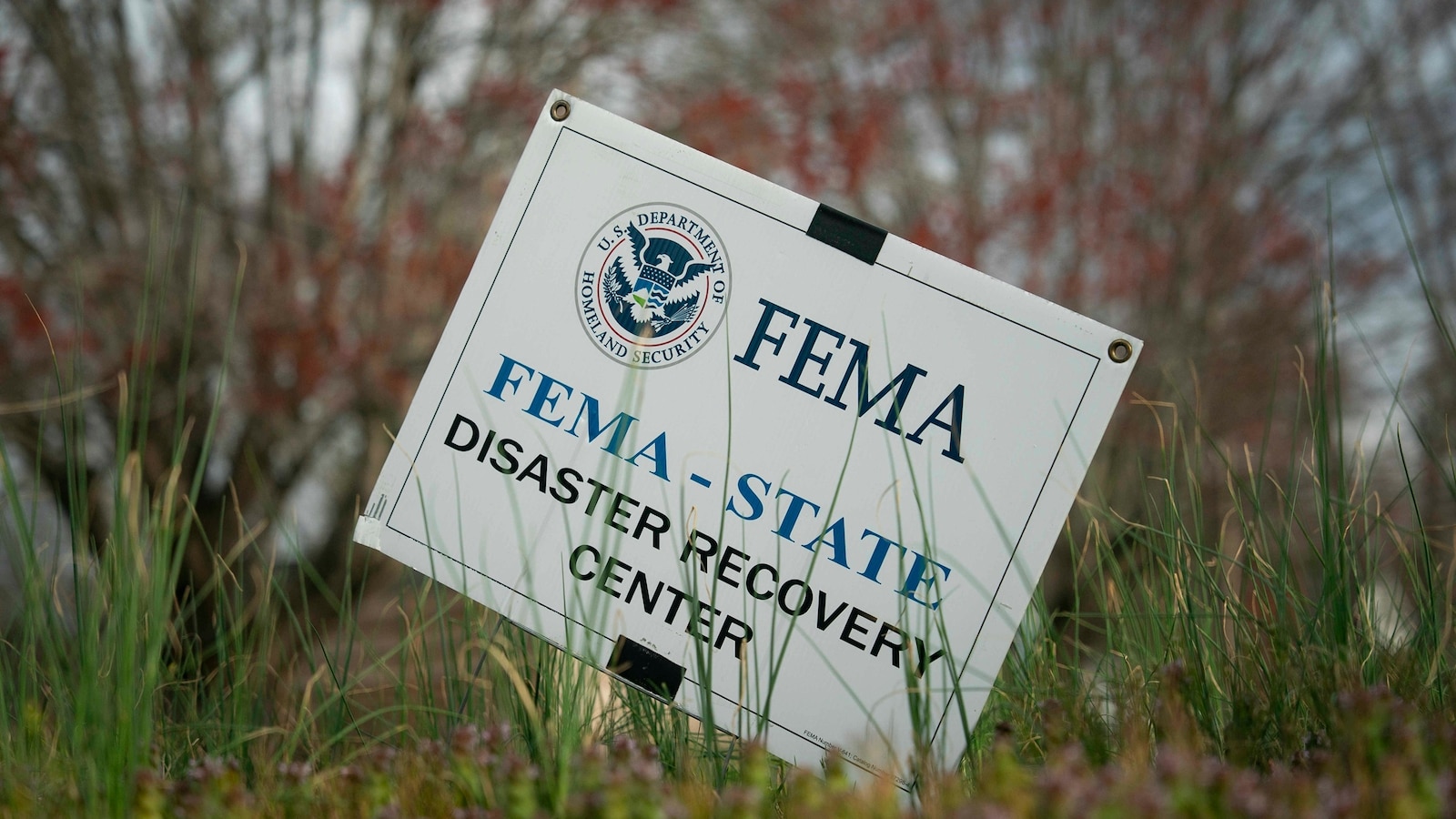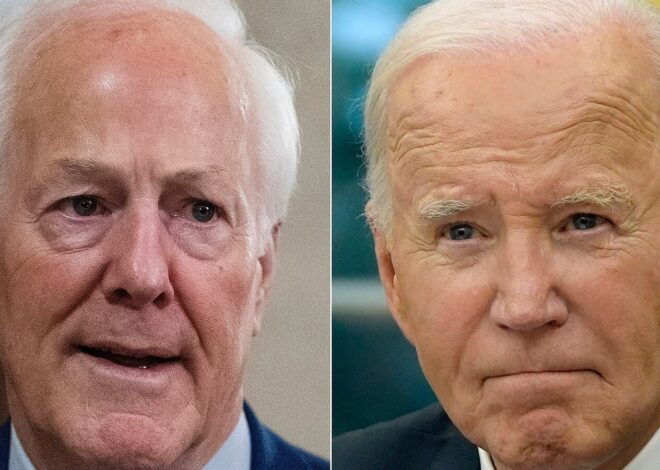
FEMA Rejects North Carolina’s Request for Full Cost Coverage of Hurricane Helene Relief
Hurricane Helene’s Aftermath: A Struggle for Relief
Perhaps this is how it begins: one calm day interrupted by an unrelenting storm, and then a scramble to piece everything back together. Western North Carolina felt the full force of Hurricane Helene, a Category 4 tempest that brought record flooding in its wake. The state reeled, not just from the storm’s immediate damage but from the unfolding consequences and the bureaucratic aftermath.
The heartache was palpable. More than 230 souls lost, with Buncombe County bearing a large share of the devastation. Helene left scars on landscapes and communities, a harsh reminder of nature’s unpredictability. Yet, when the floodwaters receded, a different type of storm brewed-one of policy and funding.
The Federal Emergency Management Agency (FEMA), often the first call for states in distress, found itself at the center of a contentious debate. A letter from acting FEMA Administrator David Richardson revealed the agency’s decision to deny North Carolina’s plea for a full federal cost-share for disaster cleanup. The denial, following a thorough review, dismissed the request for an additional 180 days of 100 percent federal assistance.
This rejection hits hard, especially in light of President Biden’s directive to match state funds fully. Traditionally, FEMA covers 75% of the costs, leaving states to manage the rest. The Biden administration’s change was a beacon of hope for many, but as things stand, it’s unclear how the future will unfold. The absence of federal dollars means North Carolina must dip into its resources, which could strain support for small businesses and critical infrastructure.
North Carolina Governor Josh Stein expressed his disappointment, highlighting the financial burden on state residents. Money directed toward debris removal is money taken from rebuilding essential services-it’s a zero-sum game with serious stakes.
The tension extends beyond North Carolina. Homeland Security Secretary Kristi Noem’s statement reflects a federal shift. President Biden’s vision to dismantle FEMA as we know it-and grant states more control over their emergency responses-raises questions about preparedness. FEMA’s internal review even indicates a lack of readiness for the 2025 hurricane season, an unsettling thought with 13 to 19 named storms predicted along the Atlantic.
As the dialogue continues, the shadow of restructuring looms. FEMA’s potential downsizing or elimination seems contentious, sparking discussions on whether local governments can shoulder these responsibilities alone. FEMA’s silence on the matter, despite requests for comment, speaks volumes.
Change isn’t easy, and uncertainty feels like the current norm. As we brace for another active hurricane season, one can only hope that amid the policy shifts and funding challenges, communities find the support they need. This year’s storms will test us, maybe more than ever, as we navigate the complex interplay of nature and governance. For more insights on the storm’s impact, visit ABC News.
In the quiet after Helene, the real work begins-not just rebuilding but rethinking how we prepare and respond. The balance between federal aid and state control could reshape our approach to disaster management for years to come.



